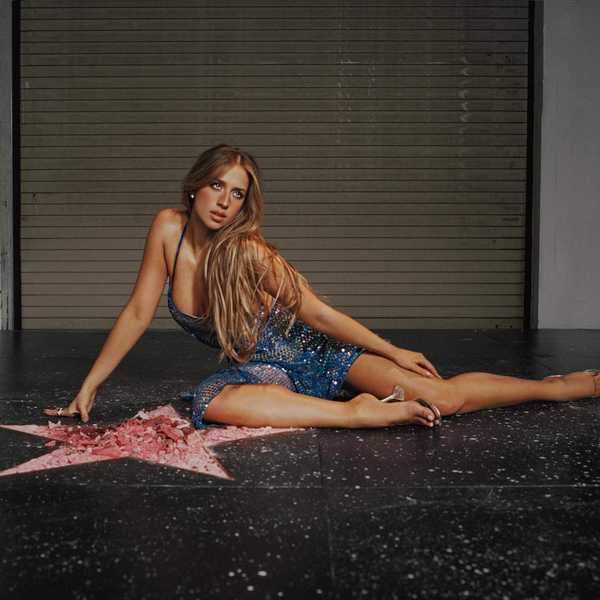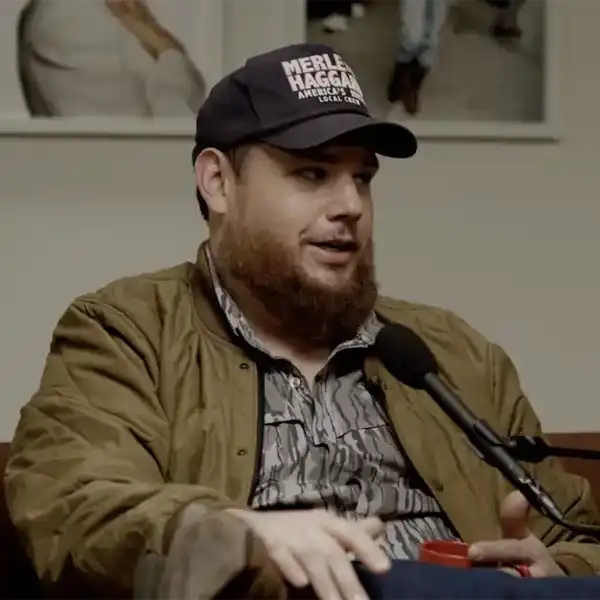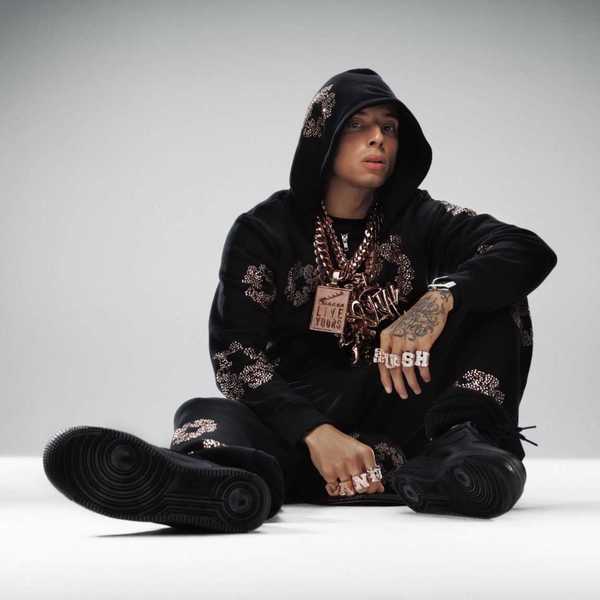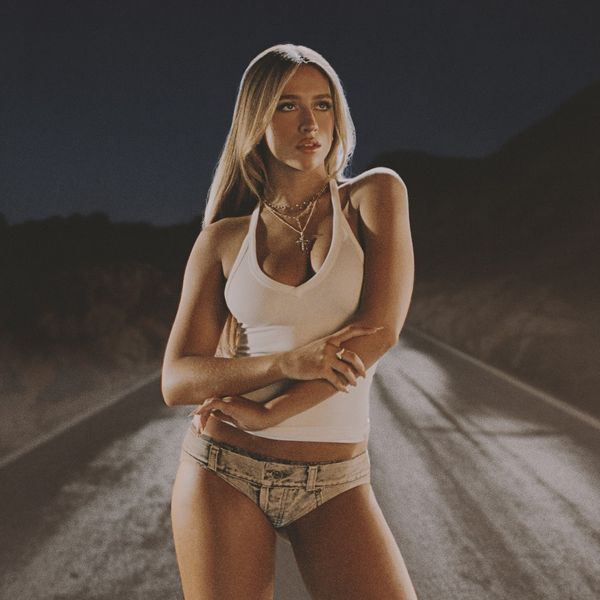A Conversation With.. Survivorman, Les Stroud
Best known as the macho star of reality TV show Survivorman, he is also an accomplished and passionate musician. Joni Mitchell and Bruce Cockburn are fans of his work, and he has released a new album, Bittern Lake. Learn more here.

By Bill King
Survivorman debuted October 13, 2004, running for seven seasons as a one-man one-rig operation. I, like so many viewers starved for adventure, never missed an episode, in fact, I never missed a repeat playing. To this day if the series appears anywhere, I’ll pause and revisit and witness Stroud’s indestructible ‘spirit battle’ for survival between man and openly hostile mother/father nature.
Talk about riveting television. Alongside Manhunter, a second wilderness adventure series where a professional tracker pursues incredibly fit challengers through Canada’s vast terrain, it rendered other late night viewing dispensable. The pay-off – a finish line, maybe victory and a cold bottle of Fresca.
Musician and filmmaker Les Stroud not only rummaged through fields and stream for food and water but filmed, narrated, and edited, all while building shelters and starting fires.
I still have this image of Stroud, near starvation, dipping his hand into a cold dreary lake, and scavenging for a tuber, a root plant known above ground as a potato or yam. The water tuber Stroud pokes at is notorious for it’s bitter near indigestible qualities.
Back at campground, fire stoked and water boiling, Stroud moans, rolls his eyes, plugs his nose and attempts to digest. Within seconds he gets a jolt, then sprints back to the lake and heaves in agony. Honestly, I felt as if Stroud fed me a portion. This is how the show rolled. Rat island. Eating a rotten fish. Unearthing dead mice. Dodging mating moose. All the stuff city bums would prefer watching while downing a rack of ribs and cold beer.
Throughout each segment Stroud finds a way to plant a scrape of slide guitar or brooding campfire harmonica. If only the wilderness played in the same key.
Stroud is as serious about his music as he is with filmmaking and takes measured steps in producing his recordings. He hires the very best and the most compatible in his vision. The new recording is titled Bittern Lake.
Les dropped by my weekly radio show, The Bill King Show @CIUT 89.5 FM and I was able to draw at least a half-hour conversation which I shared question-time with my son Jesse, who like father, is a reverent fan, and my assistant and co-talker Jessica Bellamy.
Stroud in person is righteously fit, amiable, and free-talking. Les has promised a return engagement with our crew. As my wife remarked, “you didn’t ask him about Rat Island.” Enjoy.
You live in the States now.
Actually, I live in both countries. I've got a place down in southern Oregon and then of course I've got my home in Huntsville, Ontario.
Oregon is all right with you?
Ergun! I’m down there in Ergun. I started off with Oregon and what, I'm Canadian and we get it now.
The whole point of being down there is the fact that it's just big ass nature. You go from where I am in six different directions and it's a different ecosystem. Like the music right before your radio show was seven different genres of music. We are heavy metal, now it's dubstep, now it's jazz. It’s like that down there. You've got high desert, you've got rain forest, you've got the California redwoods, the ocean, it goes on and on and I love being down there.
You're a graduate of Fanshawe College. Was this a production or music business course?
Recorded music production. The rewind story is that when I was fourteen I discovered rock n’ roll. I was into music and knew I had music in me and I knew there was an affinity there and then I heard, “Goodbye Yellow Brick Road” and that was it, I was done. Then fast forward to post high school and I’m looking for what to do and how to get into the music industry. Fanshawe College had a recorded music production program which was at the time was very rare. That was it, other than there was one in LA that was the big hit in the world. And so that's what took me to London, Ontario.
You grew up in Huntsville?
I grew up in Toronto and Mimico in the West End - a bike ride from this room. In fact, last night , you’ve got to picture this, if you’ve ever done it yourself, last night, I did one of those drive through the old neighborhood things because I had time. I drove through and went by the house where I grew up in for twenty years. It was the high school party house when I was there. It’s for sale. I'm like, I should just buy it. No, no, run, quick hit the gas.
If you look at the house that I grew up in it burned down.
Oh no!
Somebody sent me a photo of it on fire. I was so glad because it took that miserable spinet piano with it. It was never in tune and distorted my hearing.
You manifested it!. I mean, that's what we're saying here Bill. There’s a blues album there.
You are not only about everything environment and protecting the environment and stepping up for it, but you are also a big blues guy. The new recording is called Bittern Lake. The point and idea behind this?
The idea behind it is I have been a writing musician since I was fourteen. That never left me even through the years of Survivorman. I was writing blues somgs and recording albums, but this gave me a focal point. Let's face it I'm over 50, who wants to hear my love songs? They’re not going to be pretty.
It became a matter of focusing on what I'm really passionate about, and this wasn’t a stretch. It was never going to be something that was contrived because I live it, I breathe it, and feel it. With Survivorman, I have been all around the world and seen all these different environments and been in them intimately and so musically speaking I knew this was where I need to stay. I used to love going to see guys like Ian Tamblyn when he was performing. I thought let's take the music outside of the fingerpicking acoustic guitar realm although I do that, and, for example, do some rock and really focus it that way.
You had a hand in the music for Survivorman, in that you wrote the themes.
I wrote the theme song for Survivorman and some of the additional music. I also had other good writers that I worked with as well that did a lot of the music. You saw me play harmonica in almost every episode and that was me actually going - you know what guys, I'm not just a one trick pony here. I don't just start fires with sticks and build shelters – this has always been a big part of what I do. And even like here talking to you guys now and it's all about this album release, I mentioned to you off radio that I was working with Bruce Cockburn recently. It comes up against the face of why you're doing what. It’s why don't you just do survival, you know. The reality is while I was doing Survivorman I was sort of giving you all a hint saying, hey, I've got other tools in my toolkit.
Jesse King: You’ve been releasing music all along and now you've got a new album that comes out tomorrow and you were telling us you've got a video.
I’ve got two new videos actually. What I did was, I got involved with the director Matt Mahurin - remember Mahurin is responsible for most of U2s videos. All of Tom Waits videos, That Disturbed Sound of Silence, Metallica. This guy's an incredible artist and a bit dark with the words and the lyrics I was working with for the single, “How Long” and then the cover of “Big Yellow Taxi”, which is the second video that went dark, I said, let's not avoid it.
Jesse King: You mentioned you changed the vibe in the course of the song?
The Joni Mitchell tune? Well you know it's “Big Yellow Taxi”. Who doesn't know it and we all know that” doo doo doo” section and that jangly guitar and I thought you know what, I love the juxtaposition of a song that is like dark music, happy lyrics. But, I thought, no let's just nail it this time. Let's just go dark.
Jesse King: You had a sound in mind?
I had a sound and it ended up being a delta slide blues and Joni heard it and I even changed some lyrics on Joni which is like hallowed ground. I sent it to Joni, and she loved it. She got the point. The point was, it doesn't matter. It doesn't matter that you're that TV guy on Survivorman and this was a song that was a certain way and Counting Crows also did it all jangly. What matters is her message. Her message in that song jived with my message in life.
Bill King: The song “How Long”, what's the story behind it?
This is the lead single. You guys have interviewed lots of musicians and you know when we talk about writing a song sometimes there are musicians that labor over the material for a long time and sometimes a song is just like that. This is one of those that took me about as much time to write it as it takes to listen to it, but I was pissed. I must have seen some other story where maybe I don't know, maybe Trump canceled some other park or something. It's basically a lament. How long are we going to put up with this?
Jessica Bellamy: One of the first shows that I watched when I immigrated here from New Jersey was Survivorman and I am a huge camper and one day I aspire to portage.
You said it right. Down in the States they call it “Port-age”. I’ve just got off of five days of camping in the Marble Mountain Wilderness in northern California. I went down to find Bigfoot. I didn’t find him.
Bill King: How the hell have you stayed so healthy through all this?
Bill, I don't know.
I've watched these episodes and its day six or seven and you look like you're about dead and you're walking out of the brush awaiting a rescue helicopter. I know there's times when you’ve really felt ill. How did you manage your health?
Do you want to know a little secret? That in fact, I think it was quite good for me. If you imagine it's anywhere from five to ten days of mandatory fasting and I know I always drink as much as I can be depending on where I am, a ton of water and eat tidbits here and there; a snake, or a mouse or something, but other than that it was like fasting and I actually came out of Survivorman feeling kind of fit.
Carrying those cameras, you’d have to be fit.
That was the muscular part that would help me to get strong. And those cameras thankfully got lighter and smaller as the years went by.
Jesse King: It would have been nice to have Go Pros then. I liked the harness you rigged up for your body.
I should have patented the selfie stick. I would have made a million.
How many cameras did you use?
It was anywhere from three to five to six at one point.
You'd set up the scene. Then walk a great distance then hike back and collect all the cameras and set up the next scene. That's exhausting.
That was the part. We were talking about the connection of my music to the TV work. But this is all about artistic passion. So even in making Survivorman I had as far as I was concerned artistic passion. If I'm going to film this fireboat scene I'm not going to just put up a camera and shoot home video. In fact, at one point the network dweebs said, you need to make it rougher like it's a home video like you don't know what you’re doing. Stop right there. I'm a filmmaker and I'm making a film and I'm telling a story. I’ve got to do as much as I can to make this look as beautiful as possible. I would climb the cliff. Simple as that.
Jesse King: This is going to relate exactly to all of those times that you've been out in the wilderness. Is this a time where you get inspired musically and when you're out there are you recording any ideas off camera?
The first question has an easy answer. Absolutely! The inspiration is always there. The second answer is, no. I never even to this day.
I almost took a backpacking guitar with me in the Marble Mountains last weekend and I thought no. My instincts said no. This is a big part of my passionate belief. When you get into these discussions about environment and stuff like should be mandatory building codes for green roofs or stuff like that, I realize I’ve just got to tell people just get outside, just get out and stand by a tree. Get moving and get outside because I figure that nature will take care of everything else. Being inspired by music, I just go. I let it all go through me. I let it percolate and then later when I'm sitting around my coffee table and its midnight and I've got a glass of wine and a candle and then I get my guitar and it comes out.
Jesse King: What is the recording process? it's live off the floor?
I usually come with the songs ready or shoot the players a bunch of mp3 demos of acoustic guitar and me singing. I’ve got a phenomenal guitar player imported from Cuba. Elmer Ferrer plays on the album and plays on all my stuff. I've got Tony Braunagel who is Bonnie Raitt’s drummer and Taj Mahal and Blues Brothers. Mike Clink producing, and he is legendary for producing Metallica and Guns N Roses. History isn't beyond reproach.
I would present them all the stuff and then it was a matter of us getting in the room. They’ve got an idea of the music and that way their creativity makes it like it's old school. It’s old school recording and everybody has a chance in the room to be a musician and be an artist. And they love it. The musicians come back. I had guest musicians like Oh Susanna and Justin Rutledge here. In fact, they’re on this album. You know, Toronto artists. That’s the process.
Bill King: You're asking people to get out. There's been this tick scare in Toronto. When you get scares as such I think that inhibits people from really getting out and enjoying themselves.
It's been the bane of my existence to dramatically present the realities of things like ticks. I've got a chocolate puppy I'm pulling ticks off myself daily - big ones too. Not here in Canada in Oregon where there's lots of them. My challenge has always been this, you've still got to get your hands dirty. You still have to get in the bush and see these things are nowhere near as bad as what media makes them up to be.
Bill King: What do you wear in the bush? Long pants?
With tick problems, I say yes. That’s just preventative measures, isn't it? Survival is always about common sense anyway. it's like come on, get over it, grow up. Just pull your socks up over your jeans and carry on and when you drop your clothing at the end of day, check yourself out. Simple. That's not that big of a deal.
What piqued your interest in getting out in the environment? You went to Fanshawe and then headed up north. Where did this survivalist idea come from?
If you think about it, what Survivorman is, is the perfect combination of I would say is, if you took Jacques Cousteau and Tarzan and you put them together. And that's what I grew up with mostly watching Jacques Cousteau. I was a kid of the 70s and that was my adventure on television. I mean we weren't an adventurous family. We lived in Mimico. Like I said just a short bike ride from here.
What was your first excursion into the wilderness?
We had a cottage up in Bracebridge, Ontario and here comes the cliche because when people say to you what was your childhood like, I know they want me to say I was raised by wolves. That's what they want you to say, but no, I was in Mimico listening to Styx.
I had a cottage in Bracebridge and I did play survival behind the cottage. I did make shelters. I did pretend. The first time I started training for real survival in my mid 20s after I was producing Much Music and then quit music, I was in a shelter thinking, oh my god, I'm a kid again. That's what took me to this adventure. Music, and then leaving music in the 80s.
The loneliness. How does that feel?
Crushing! It's crushing and is the hardest part. You know cold? Bugs? Hunger? Loneliness is the most crushing. I've never said this an interview before, but I have been brought to tears. I've been out there and been so lonely. Think about five days. You know people talk about, oh well, my aunt she writes novels and she goes to Lunenburg and stays in a little cabin. And then she goes to her cafe every morning. That’s not the real adventure.
I’d go five days completely alone out in the bush and it's quiet and I’d start this game in my mind that would go into this 3D kind of thing. I’m looking up at the globe and thinking, my God, I'm this little speck in the middle of the Amazon and I'm down here and I could die in any second and just dissolve to nothing here. And it's crushing, it's very lonely to do that kind of thing to survive.
You’ve been under a tarp on many occasions and it's raining for days and talking back at us. Total despair.
You know, I've got a camera crew that's not with me. I have two guys who are taking shots - the time lapses of the trees and bees to use as B-roll later sort of thing. And I know, that they're like twenty-five miles away in some cabin eating a steak and having a beer.
The first season I was gorilla. I was alone everywhere. I flew alone, went out alone and came back sort of thing. But by the second season I had guys taking pictures of the beauty that made it even worse knowing they were not that far away.

















